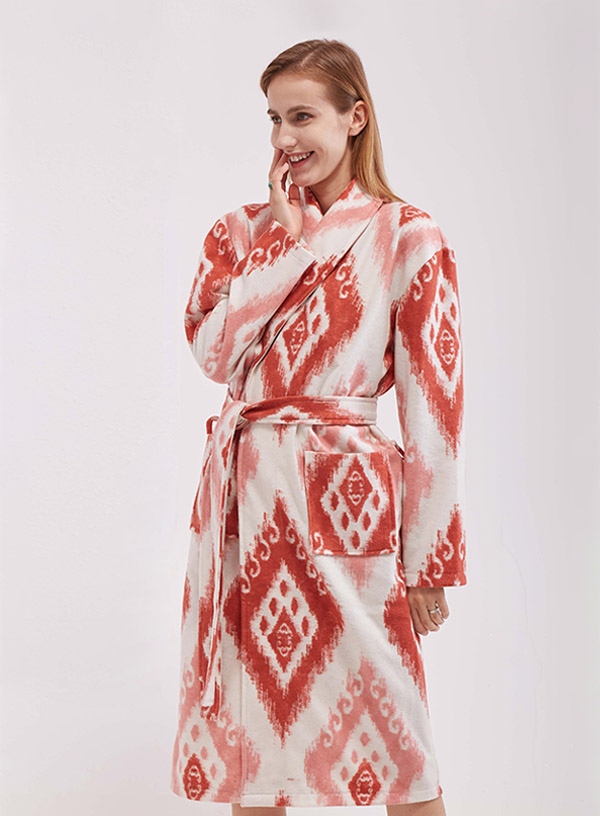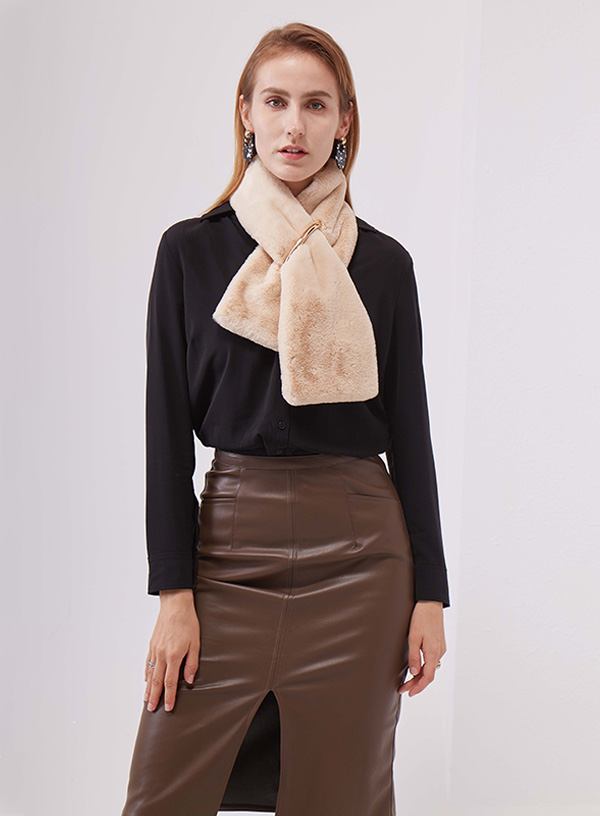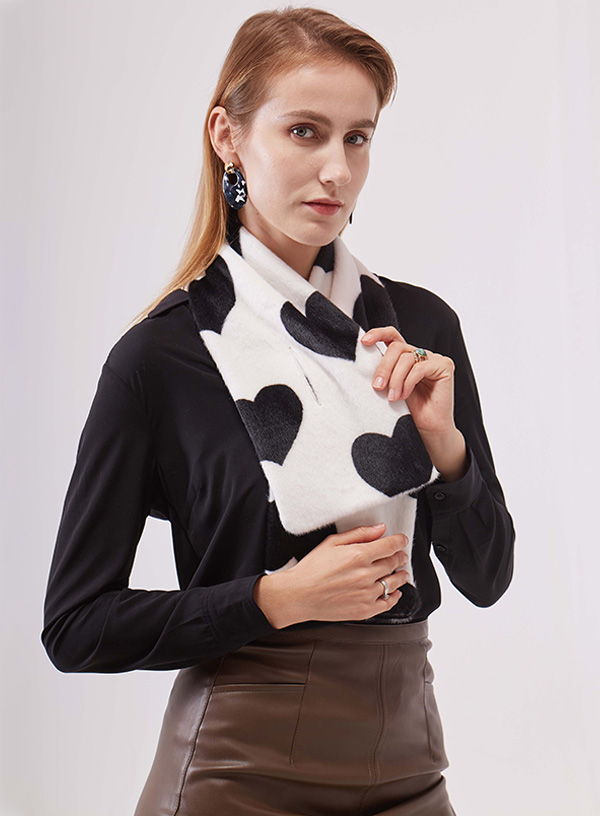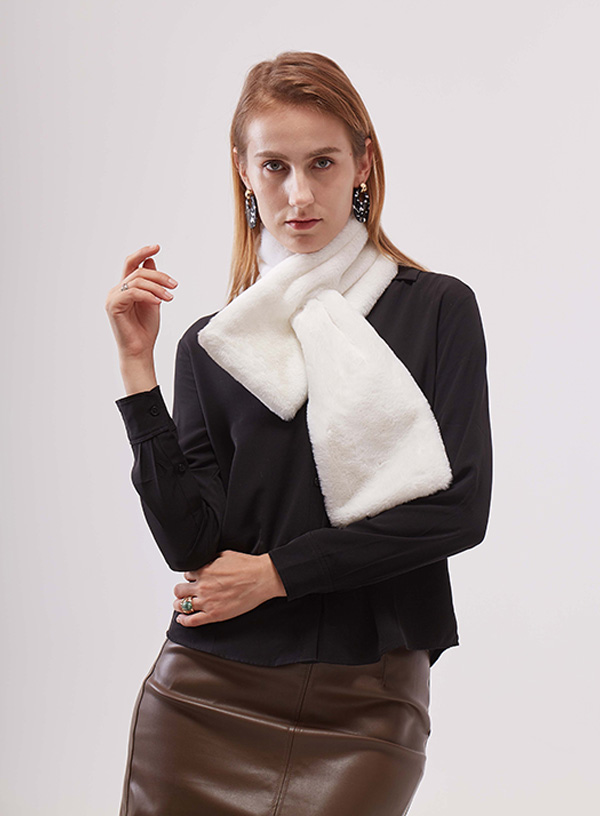Faux fur rugs represent a redefined sustainability paradigm for several compelling reasons:
-
Environmental Impact: Traditional fur production involves raising animals, often in resource-intensive and environmentally harmful conditions. This process contributes to deforestation, water pollution, and greenhouse gas emissions. Faux fur rugs, on the other hand, are typically made from synthetic fibers derived from renewable or recycled materials. This significantly reduces the ecological footprint associated with fur production, making them a more sustainable choice.
-
Waste Reduction: Faux fur rugs often incorporate recycled materials, diverting waste from landfills. By using recycled fibers in their production, these rugs contribute to waste reduction and support the principles of a circular economy.
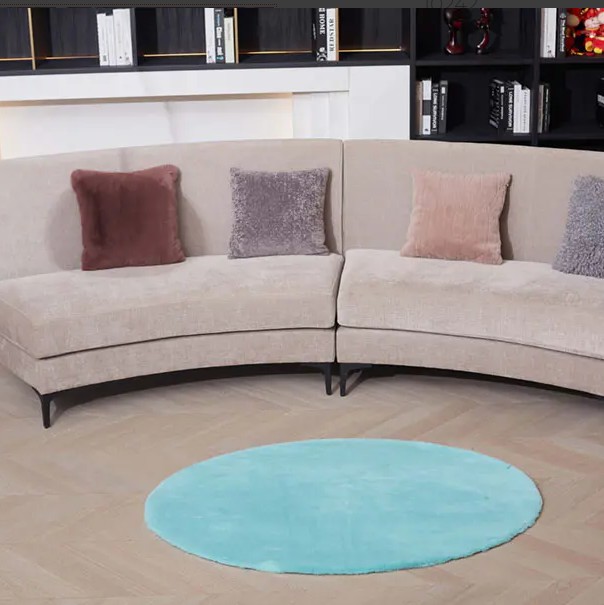
-
Protection of Wildlife: The production of real fur often necessitates the farming or trapping of animals, which can pose a threat to wildlife populations. Faux fur rugs provide an ethical alternative that eliminates the demand for real fur, thereby helping protect vulnerable species and ecosystems.
-
Resource Conservation: Faux fur rugs conserve natural resources such as land and water, which are otherwise required for animal husbandry and fur processing. By reducing the demand for these resources, faux fur rugs contribute to more responsible resource management.
-
Transparency and Accountability: The faux fur industry has been proactive in improving transparency and labeling practices. Many manufacturers and retailers are committed to ensuring that faux fur products are accurately labeled, preventing misrepresentation and ensuring consumers can make informed, ethical choices.
-
Longevity: Faux fur rugs are designed to be durable and long-lasting. Their robust construction means they don't need to be frequently replaced, reducing the overall environmental impact associated with rug production and disposal.
-
Eco-Friendly Production Practices: Some faux fur rug manufacturers are adopting eco-friendly production practices, such as water-saving dyeing techniques and energy-efficient manufacturing processes. These practices further reduce the environmental impact of faux fur rug production.
-
Eco-Conscious Consumerism: Faux fur rugs align with the growing trend of eco-conscious consumerism. As consumers increasingly prioritize sustainability in their purchasing decisions, the popularity of faux fur rugs sends a clear message to the industry that ethical and sustainable alternatives are not only desirable but also economically viable.

 English
English  简体中文
简体中文 русский
русский Français
Français Español
Español

